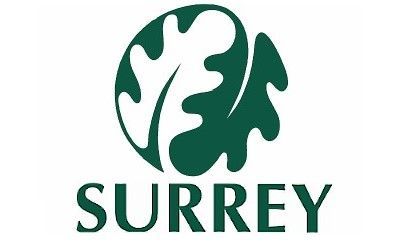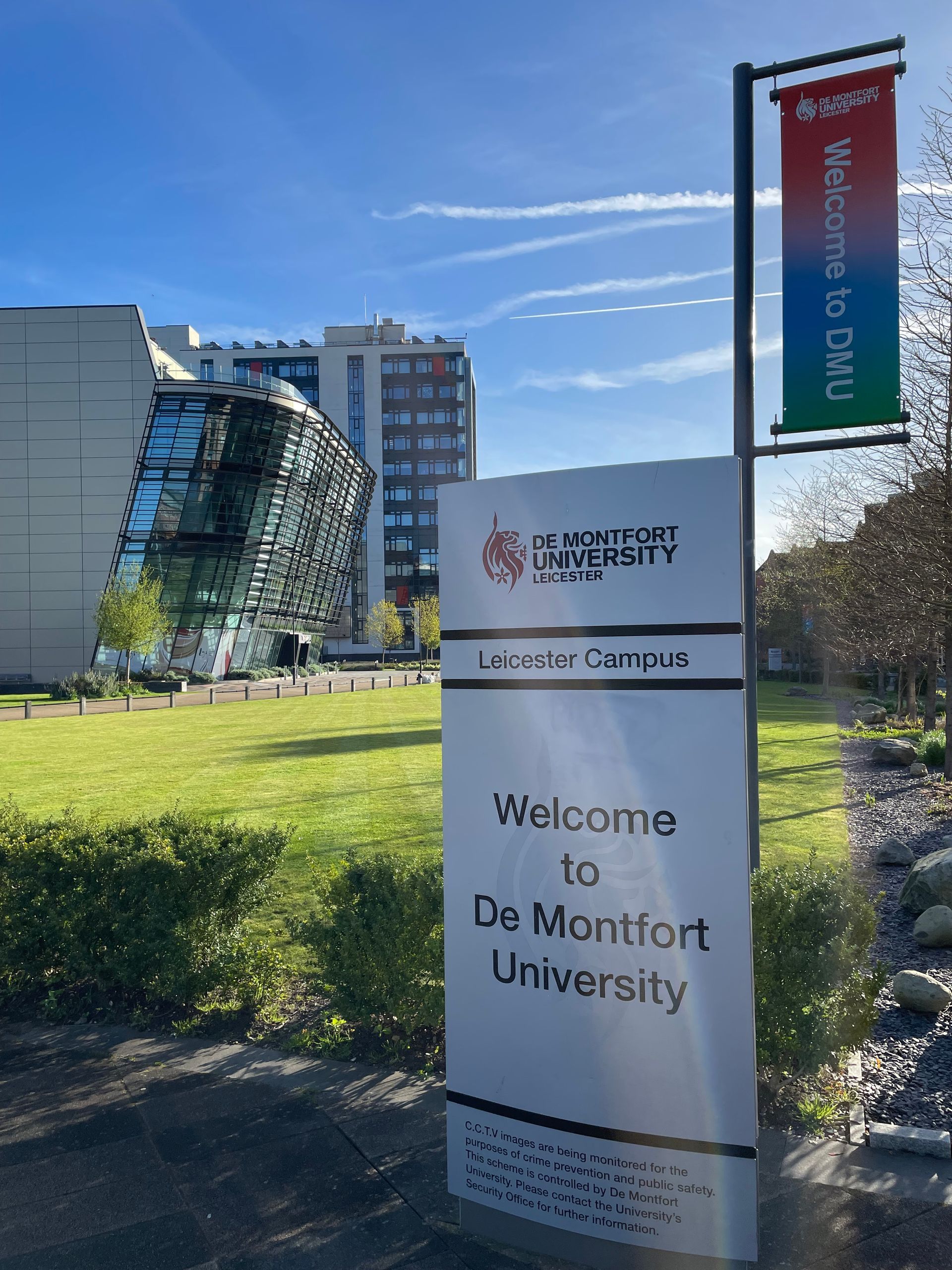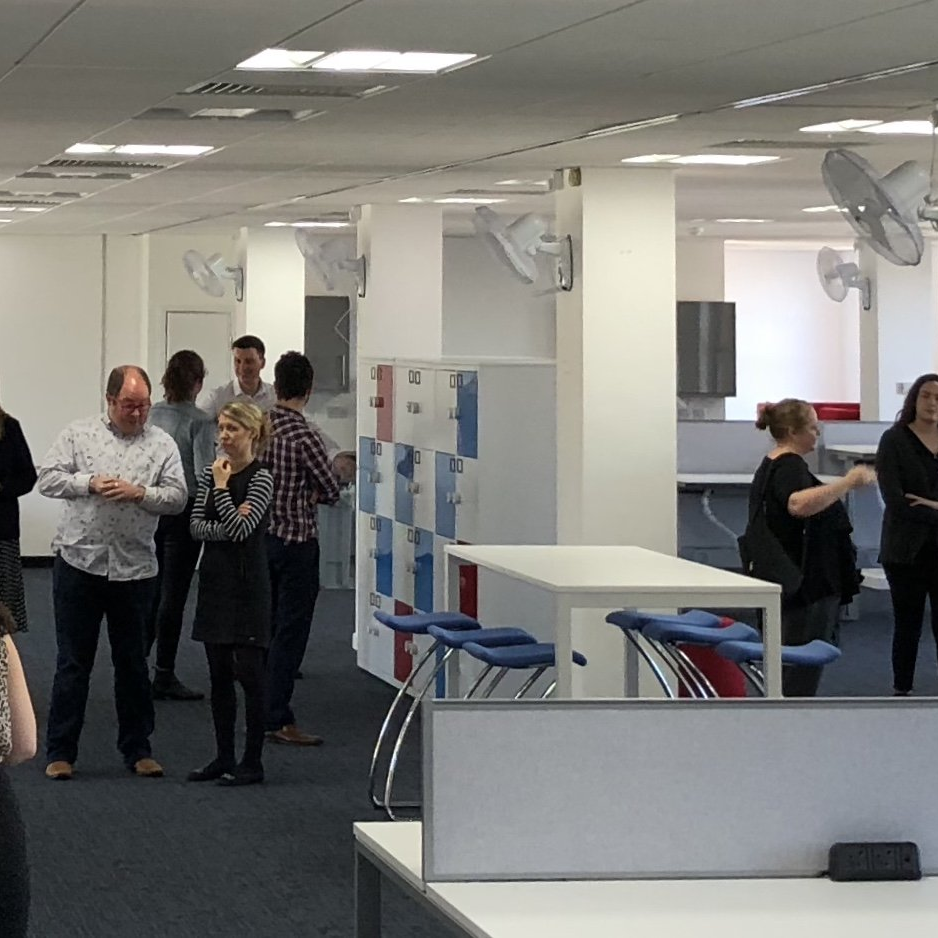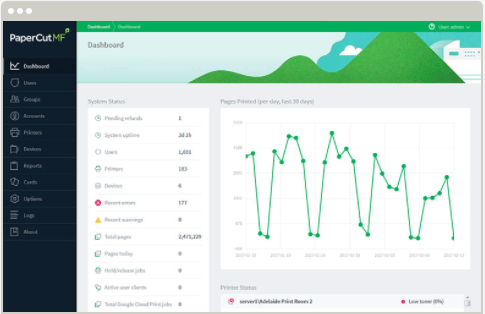London Borough of Islington FutureWork Programme
Faced with financial challenges an the need to modernise working practices, Islington embarked upon a £12m workplace and workforce transformation programme that would achieve savings and income through the release and repurposing of some of it's main offices, whilst improving office spaces and technology in retained buildings and delivering a change in working culture. Work to Be was commissioned to lead on two of the programme's major workstreams - People (engagement and change management) and Place (fit-out and move management). The programme is set to achieve savings, capital receipts and income opportunities that will deliver a return on investment in four years alongside a fundamental shift in working culture.
Our approach
Key to success was building strong relationships with senior managers, Unions, staff groups and all those impacted by the programme, and developing and delivering innovative engagement activities to achieve a change in working behaviours. Work to Be was the programme's key link with internal services including HR, Communications, Capital Projects and Facilities, as well as managing the work of external fit-out, furniture, space planning and logistics suppliers.
.
Work to Be added value by:
- Designing and delivering a structured approach to change management and engagement
- Working with space planners, builders and furniture suppliers to deliver workspaces that reflect a modern, dynamic organisation.
- Managing the moves of over 3,000 employees, to both decant and permanent locations, working closely with logistics suppliers and Facilities.
- Acting as the key point of contact with Senior Management teams and staff groups throughout the programme.
- Providing data and analytics to measure the programme's success.
- Inputting ideas and challenging thinking in order to maximise the benefits of the programme beyond what was envisaged in the original business case.
Norwich City Council Cultural Change Programme
The Challenge
Norwich City Council launched its new vision and Corporate Plan in the Spring of 2022 following two years dominated by Covid. A strategic partner was sought to help the Council deliver the cultural change needed to achieve the Council’s vision and key people priorities around inclusivity, wellbeing and hybrid working. .
Our apporach
From the outset we worked closely with the Corporate Leadership Team to fully understand the aims of the cultural change programme and key challenges.
The Human Synergistics Organisational Culture Inventory (OCI) provided the basis for the programme. As one of the world’s most trusted and thoroughly researched model, the OCI is proven to improve organisational performance by progression towards a ‘constructive culture’.
The OCI results provided a fascinating insight on the deep-rooted expectations and norms that influence behaviour, and clarity on the ‘constructive’ traits required for future success. Data groupings by role, structure and diversity characteristics provided deeper insights.
Focused workshops with strategic leaders and middle managers, and all-employee events were held to share and analyse survey results, highlight priority levers for change, and co-design new values and working principles aligned to cultural ambitions.
Engagement was a critical success factor for the programme to ensure that cultural change was ‘done with’, rather than ‘done to’. This included interactive webinars and other live events, regular updates and workshops, and the survey
.
Work to Be added value by:
- Defining the ideal culture to enable achievement of the Council’s vision and objectives.
- In-depth diagnosis of the current culture, and the gap between ideal.
- Assessment of levers and readiness for cultural change.
- New values and working principles to guide future expectations and ways of working.
- A comprehensive roadmap to sustain cultural change beyond the end of the programme.
Repurposing Norwich's iconic City Hall
In its prominent position facing the castle and overlooking the market, with its many heritage features giving it Grade II* listed status, Norwich City Hall has been the seat of local government in Norwich since 1938.However, it was designed for a mid-20th Century way of working and didn't reflect a modern, dynamic organisation. What's more, annual running and maintenance costs were high and usage levels had reduced, especially since the pandemic and the Council's to hybrid working. Customer visits had also decreased significantly, with most customer interactions shifting to online. This gave the Council the perfect opportunity to rethink City Hall's use and reimagine its design and Work to Be was commissioned to develop the business case for a multi-million pound repurpose and refit, combined with a change in working culture.
Working with the Chief Executive and Corporate Leadership Team we developed a strategic business case for a comprehensive and ambitious repurposing of Norwich’s iconic City Hall, combining property development, workspace design, new technology and a change in working culture, whilst ensuring alignment with the City Centre’s Place-shaping vision. Rationalising Council workspace and converting freed up floors to Grade A office space for commercial letting, is set save the Council £1.7m per annum in service and maintenance costs, combined with rental income generation that will deliver a full return on investment in 8 years. Our work included commissioning and managing the work of commercial property specialists, architects, quantity surveyors and workspace designers.
Developing Organisational Agility at Surrey County Council
Work to Be provided specialist change management consultancy to a major County-wide agile transformation programme combining new working practices, modern technology and major accommodation changes including moving from the outdated County Hall to a modern headquarters and three regional hubs.
Our work contributed to property rationalisation capital receipts and revenue savings totalling £3m p.a, and included leading on the redesign and restacking of the main Education and Social Care office base in Woking. Engaged with Surrey throughout lockdown, we supported the development of innovative cross-Council networks and organisation-wide conversations to share and learn from experiences, maintain a sense of belonging and reduce feelings of isolation.
Working in partnership with Microsoft, we initiated and led the implementation of Microsoft Workplace Analytics, providing people management insights that fed into new working practices and strategic workforce planning..
An Empowering Leadership Programme for managers at De Montfort University
Working in partnership with Alchemize Consulting, Work to Be's Jonathan Smale co-designed and facilitated a modular leadership programme aligned to the ‘Empowering University’ strategic direction of travel. Rather than traditional training delivery, the programme focused on facilitating open, constructive conversations and shared learning.
Attended by over 200 managers mixed across academic and professional services, the programme built strategic understanding and commitment, creating a permanent leadership network to act as a powerful collective force for change.
Developing Leaders for an Agile Culture at Warwickshire County Council
Having won a tender to deliver Managing by Outcomes workshops to support Warwickshire's flexible working approach just before the pandemic hit, the experience of lockdown led to a more ambitious agile working transformation for the Council, and Work to Be adapted the content accordingly, as well as moving it from face-to-face format to Teams. The highly interactive half-day workshops have proved a key enabler in moving away from traditional management practices to a purpose-led, outcome-focused and trust-based approach. Using full Teams functionality and additional apps such as Slido and MS Forms for surveys and instant polls, the delivery style reinforced Warwickshire's digitally mature ambitions. A bespoke 'how agile are we?' diagnostic, designed by Work to Be based on McKinsey's model for agile organisations proved particularly effective in providing constructive challenge and acting as a gauge for the programme's effectiveness.
Over the course of the programme, 25 workshops have provided essential development for over 300 managers. To support ongoing learning and embed agile working practices, a comprehensive agile toolkit for managers was developed, building on the activities used in the sessions.
Better Working at the London Borough of Kingston
Work to Be's overall programme management of Kingston's £4m property refurbishment, IT refresh and cultural change programme delivered London's first Council/Jobcentre Plus co-location within challenging timescales, over-achieved on property rationalisation targets by 300%, and delivered lasting cultural change.
Through Work to Be's creativity and ability to see the bigger picture, what started as the Jobcentre Plus Co-location Project, became 'Better Working', bringing together separate property, IT and cultural change projects into a single programme to deliver far greater benefits than were originally envisaged.
Challenge
Work to Be was initially commissioned to project manage the co-location of Jobcentre Plus with Kingston Council on their Guildhall site. Timescales were extremely challenging as the DWP's lease on JCP's existing office was up, and in less than a year the building was set to be demolished! As well as needing to refurbish the ground floor of the Guildhall as JCP's new location, other floors were to be refurbished to accommodate the Council teams that were being displaced.
The co-location was certainly significant - the first in London, set to bring two partner organisations closer together and bring in rental income for the Council, whilst reducing JCP's property outgoings.
But Work to Be's lead consultant, Jonathan Smale, could see that the project could achieve far more than just the JCP co-location; and working with key stakeholders and partner organisations including DWP, Mace, Engie and R J Holland, and enabled by Google technology, 'Better Working' was launched, a programme that would massively over-achieve initial property rationalisation targets, transform working practices, and deliver the networked, collaborative and agile organisational culture that was needed for future resilience and success.
Value
Work to Be added value by:
- Successfully delivering London’s first Jobcentre Plus/Council co-location on budget and to challenging timescales
- Delivering income generation and savings to achieve a full return on investment in 2 years.
- Exceeding the property rationalisation target by 300% to generate substantial additional income generation and savings opportunities.
- Preventing £0.5m planned spend on leasing external commercial property by exploiting underutilised internal space for decant.
- Establishing the highly successful ‘Better Working’ brand for the programme to achieved significant changes in working culture and practices, enabled by G Suite and Chrome technology.
- Managing the work of contractors Mace, Engie and RJ Holland to refurbish and transform the workspace for a modern, agile and networked organisation.
- Managing the physical relocation of over 1000 individuals in line with the Councils new ‘Direction of Travel’ and organisational redesign
"Better Working is a great example of agility - the ability to review and refresh the project, align it with bigger strategic goals and be flexible - to that end it is an exemplar". Charlie Adan, Chief Executive
A New HR Operating Model for Warwickshire County Council
Work to Be was commissioned by Ameo Consulting to provide expertise in HR and organisational design to the development of a new operating model for the HR/OD function at Warwickshire County Council, part of a major structural and cultural transformation programme for the organisation as a whole. The aim was to transform a traditional, reactive HR function into a proactive, solution-focused service underpinned by high quality self-service and intranet-based technology.
Critical success factors included:
• Working in partnership with internal stakeholders and the wider Ameo transformation team
• Engagement with HR staff and senior leaders
• Tuning into WCC’s wider vision, operating model and design principles
• Optimising digitally-enabled self-service
• A future-focused approach, recognising the vital role of HR and OD in driving digital innovation
• Challenging conventional thinking about structures and roles and introducing an agile, networked approach
Work to Be added value by introducing:
- A flatter structure with more effective spans of control
- Strategic Commissioning and Delivery elements, brought together by dynamic project-based Communities of Expertise
- A refocusing of resources away from reactive problem solving and advice towards proactive, solution-focused Talent Management and Organisational Development underpinned by high quality self-service and intranet-based technology
- Replacing HR Operations with a dynamic People Solutions Centre
- Fewer unique job roles, with more generic role profiles that encourage versatility and flexible resourcing and more clearly defined career paths
- Resourcing priorities and work plans are driven by external influences and a more sophisticated use of insight, predictive analytics and demand management
- A mixed economy approach to resourcing consisting of a core of permanent staff supplemented by short-term external expertise
New Ways of Working at the London Borough of Haringey
Work to Be was commissioned to manage a range of pilot projects at Haringey Council as part of its New Ways of Working Programme, aimed at achieving a more agile, collaborative and community-focused working culture whilst also preparing for operational property changes linked to the regeneration of the Wood Green area of London.
The pilots included:
• A Virtual Contact Centre, setting up customer service staff to work permanently from home
• A 'Print Less' pilot, aimed at significantly reducing reliance on paper-based documentation and the need to print
• An outcome-focused working pilot, with the aim of developing a purpose-led, outcome-focused approach to organisational and job design, and performance management
• Testing virtual working technology including model meeting rooms and supporting the implementation of MS Teams
Work to Be's expertise in HR and Organisational Development was recognised through the pilots, and the scope of work extended to include consultancy support for a review of the HR/OD function and support the development of Haringey's Digital Strategy through an analysis of digital maturity using Work to Be's unique People-Centred Digital Maturity Framework.
Work to Be's work with Haringey delivered many successes including:
- Improvements in performance, absence, job satisfaction and wellbeing as a result of the Virtual Contact Centre Pilot, with homeworking subsequently rolled out as business as usual
- A 34% reduction in paper printing and 47% reduction in print costs through smarter use of print data and a sustained behaviour change campaign to reduce the need to print
- The implementation of fluid, outcome-focused role profiles and a cross-organisational approach to job families
- Improved use of technology for virtual working, including personal devices, meeting room hardware, and embedding MS Teams
- Redesign of the HR/OD senior leadership rolesto develop a more joined-up, strategic, proactive and digitally mature function
- An in-depth and comprehensive digital maturity assessment featuring online surveys, facilitated workshops and evidence-based research, and working with Haringey's Your Council Board to identify priority areas of focus and a road map for improvement








































